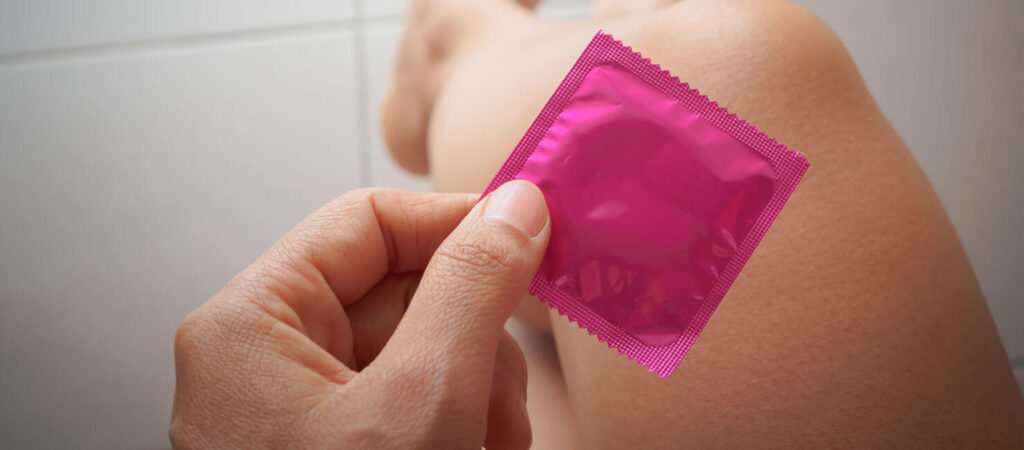Sexual Health 101: All About Genital Warts
What is it?
Genital warts are skin-colored or whitish bumps that appear on your genitals or anus. The warts are common and caused by certain types of HPV. As much as they are annoying, luckily, they are easily treated and are not dangerous for your health.
How do you get it?
You get genital warts from having skin-to-skin contact with someone who’s infected, often during vaginal, anal, and oral sex. Which means that the virus can be transmitted even though no one cums, or even without penetration if there is skin contact. You might even be infected without being able to tell that your partner has the virus. Either way, condoms are the only preventive measure that mitigates the risk of getting genital warts.
What are the symptoms?
Many can actually carry the virus unknowingly, hence not having any symptoms of the virus. Whilst others get visible warts, either as single warts or a bunch of them, and they can be either big or small. Some would say that they resemble small pieces of cauliflower. For some they might also be itchy, but most don’t hurt. If you’re not sure whether you have warts or not, your doctor will be able to diagnose them easily.
Treatment?
If you’re diagnosed with genital warts, you have several possibilities in order to get treatment. As mentioned, genital warts do not pose a danger to your health, and will often go away by themselves. Nevertheless, they sometimes decides to stay, grow and populate, also removing them eliminates spreading of genital warts. If you do want them removed you should consult with your doctor in order to decide which treatment is right for you. The different types of treatment include:
- Put chemicals on the warts to make them go away or stop growing. Usually you get this done once a week for a few weeks at a clinic.
- Give you a prescription for a cream that you put on the warts yourself for several weeks.
- Freeze the warts off (cryotherapy).
- Burn off the warts using an electric current.
- Remove the warts with a knife or wire and electricity (LEEP).
This blog provides information about telemedicine, health and related subjects. The blog content and any linked materials herein are not intended to be, and should not be construed as a substitute for, medical or healthcare advice, diagnosis or treatment. Any reader or person with a medical concern should consult with an appropriately-licensed physician or other healthcare provider. This blog is provided purely for informational purposes. The views expressed herein are not sponsored by and do not represent the opinions of Nurx™.







